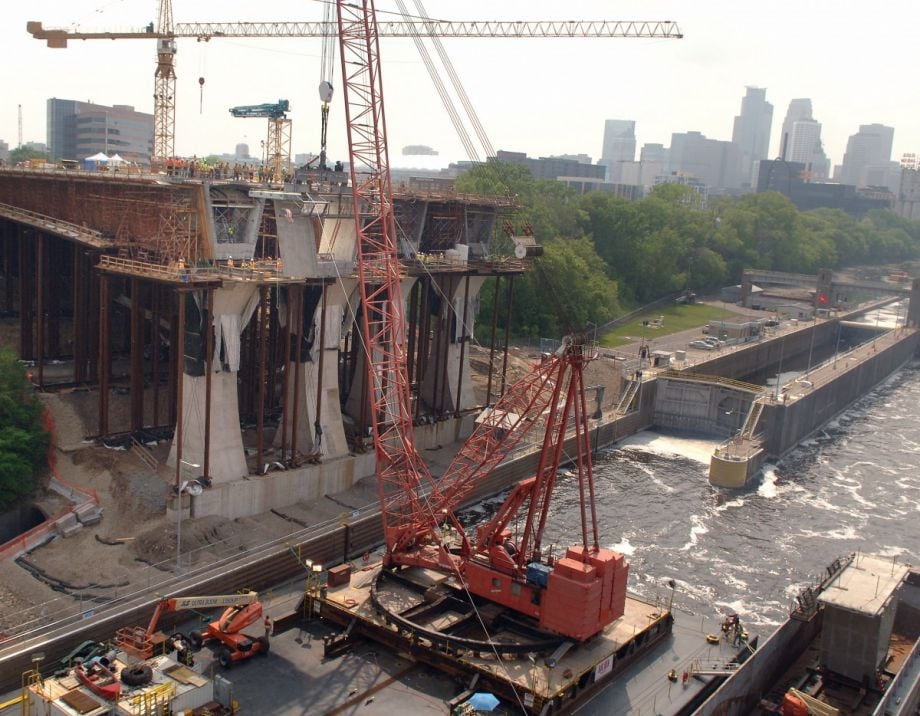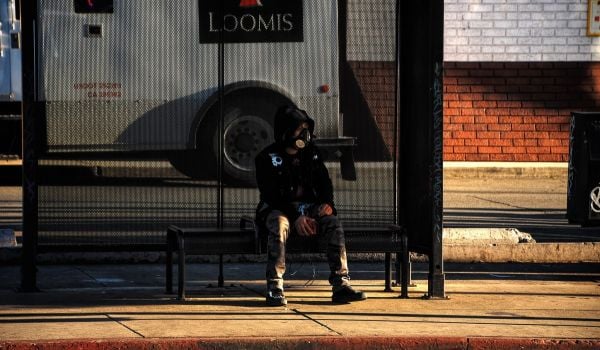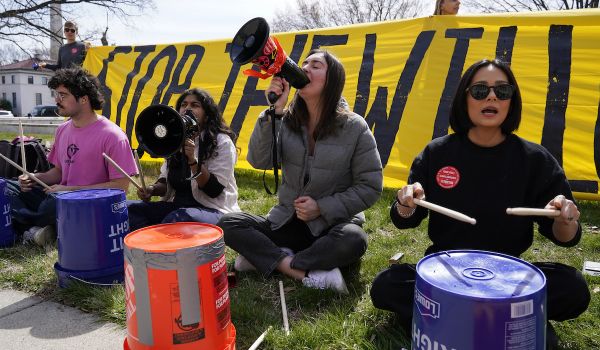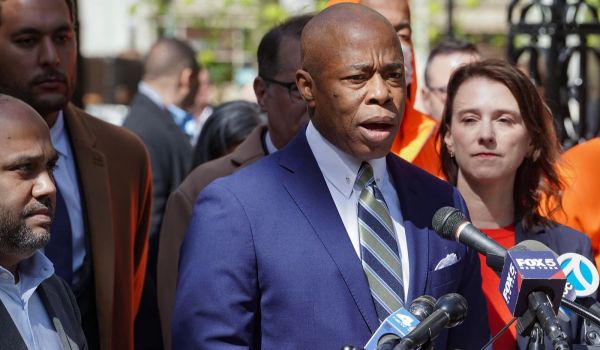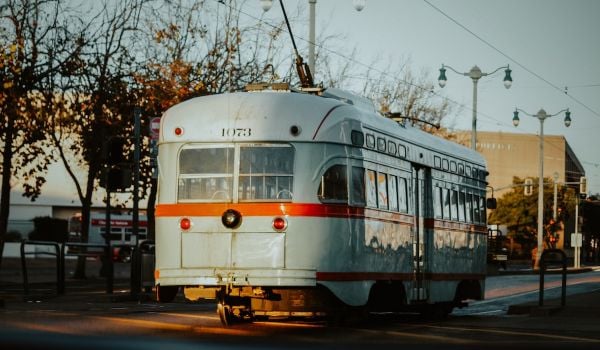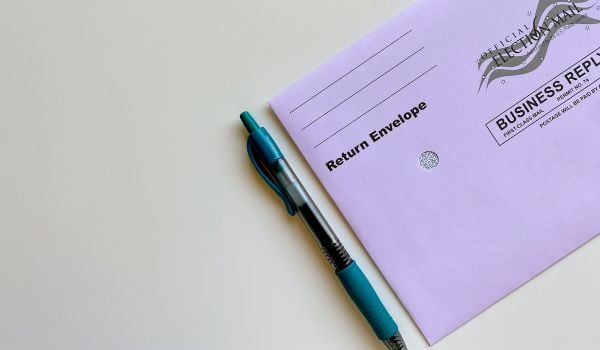The Washington, D.C., crowd was atwitter earlier this week with talk of a big infrastructure bill perhaps being introduced to Congress. But it was business as usual at Infrastructure Week, the annual gathering of transportation insiders in Washington.
You might think that with a major infrastructure bill looming, transportation advocates would be out building large-scale public support for fixing our roads and bridges and addressing the source of frustration of millions of U.S. commuters: time spent in traffic congestion.
Instead, at Infrastructure Week, we sat in a room and talked to the same old faces. We espoused the same rhetoric about the same problems telling all the familiar faces about jobs, the economy, jobs, crumbling bridges, jobs and jobs. This “inside the Beltway” dialogue doesn’t connect with the average voter.
Yet while Washington, D.C., seems allergic to repairing our roads, retrofitting our bridges, and building the projects that will improve America’s economy, voters in our nation’s counties and cities have been saying “yes” to those investments.
In the past few years, voters have approved more than half a trillion dollars in regional ballot measures for transportation all over the United States. These measures tend to win when they have the backing of local political leadership and when that leadership can clearly articulate a project list and tangible improvements to local life.
We don’t do that in Washington.
Let’s face it: Our Beltway surface transportation rhetoric is boring, uneventful and stuffy — even though the challenges it highlights are very real.
Americans today face the unsavory reality that the system that was paid for by our parents and grandparents is in startling disrepair. The vision for a functional surface transportation system is gone. Meanwhile, China is racing ahead with a $1 trillion infrastructure plan that is also connected to its foreign policy efforts around the world. We are talking while they are building.
In order to start building in America, the transportation industry not only needs to connect with the public and with voters, but also needs to change its message. In China, there is a great deal of pride in major rail and road projects. Here, with the exception of some organized ribbon cuttings, there is little positive emotion connected to our roads and rail lines. Instead, we have simply learned to complain regularly about late buses and trains that are running behind. Americans have trained themselves to tolerate congestion and crumbling infrastructure. There is no real belief in a solution.
Contrast that to how Americans feel about water. Spend some time around a community with a river or a lake these days, and the residents will tell you “that’s my river” or “that’s my lake,” with no small amount of happy possessiveness. Imagine Americans feeling that way about roads and rail.
Imagine if public transit agencies actually talked to their riders (nearly 11 billion trips per year) instead of themselves. Imagine if tolling agencies talked to the toll users (nearly 50 million transponder holders in the U.S.), and if the freight rail companies communicated directly with consumers? They could send a more effective message that Congress ought to act.
With today’s social media, it’s not that difficult to do. The transportation community needs to speak to users, not Congress. Congress is connected to voters, so let’s go to the voters to tell Congress to act. It works.
As I’ve said, states and cities are passing transportation ballot questions across America. Republican governors are signing fuel tax increases. The South Carolina Republican legislature in May overturned its Governor’s veto of a gas tax. California passed a major transportation funding package in April to begin fixing its surface transportation infrastructure.
My friends in the transportation world, we need to stop talking to each other and start talking to the American people. We need to change the lexicon of how to connect and communicate to motivate the public to engage. After all, it’s their infrastructure. Now let’s get them connected to it.
Tom R. Skancke is CEO at TSC2 Group, a management consulting firm, and a member of Nevada Department of Transportation board of directors. The views expressed in the article are Tom's own and do not reflect the views held by NDOT.

